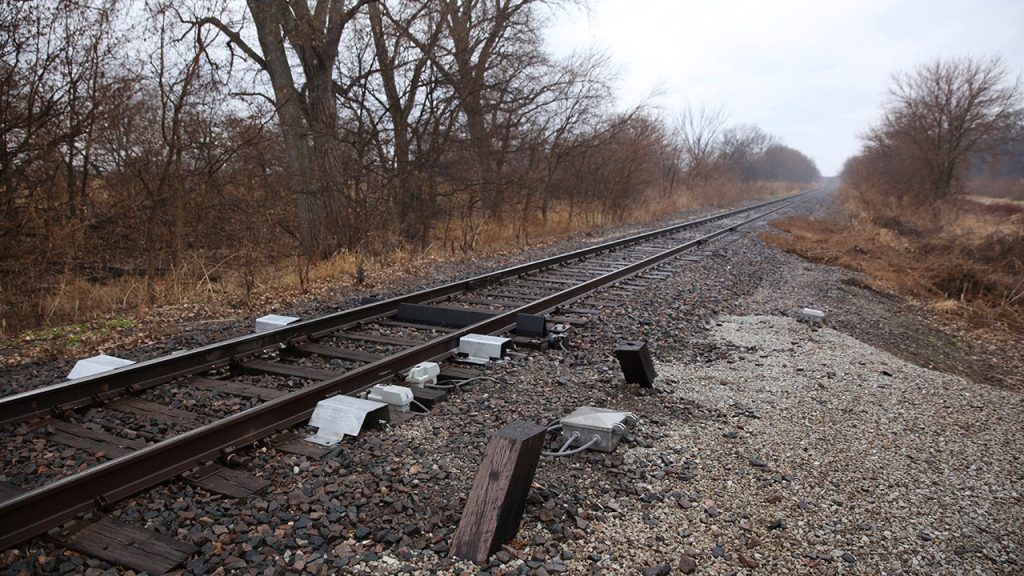The new federal certification rules that were finalized for train dispatchers and signal repairmen on Monday aim to counteract investor pressure on railroads to cut costs while ensuring that these employees have the necessary skills to operate high-tech systems on today’s trains. The rules, issued by the Federal Railroad Administration, are part of broader efforts to improve rail safety following the East Palestine derailment in Ohio last year. FRA Administrator Amit Bose emphasized the importance of qualified workers handling specialized jobs and highlighted the role of dispatchers in operating advanced technologies like Positive Train Control. While technology can enhance safety, visual inspections and existing safety efforts remain crucial in ensuring safe operations.
Railroads have faced criticism for prioritizing profit over safety, with concerns that they only meet minimum safety standards to control costs. Despite increased safety measures implemented by the industry following the East Palestine derailment, significant improvements in safety statistics have not been seen. Larger safety reforms have also stalled in Congress, with Republicans waiting for the National Transportation Safety Board’s final report on the derailment before considering changes. The Association of American Railroads stated that the new rules for dispatchers and signalmen may not significantly improve safety, as railroads already invest in training their employees. However, the American Train Dispatchers Association union welcomed the new rule as a way to prevent assigning dispatchers to tasks they are not adequately trained for and ensuring that managers are properly certified before working in dispatcher roles.
Bose emphasized the need for vigilance in safety efforts, noting that the industry has increased safety measures since the East Palestine incident but more work remains to be done. The new rules will set certification standards for dispatchers and signal repairmen, ensuring that they are qualified to operate the advanced technologies that railroads rely on. The rule will also provide an opportunity for both the union and federal regulators to review railroads’ certification plans before they are implemented. The FRA aims to ensure that safety efforts are not only met but exceeded, with continuous improvements in place to prevent accidents and derailments. By setting minimum standards for certification, the FRA hopes to maintain the safety of railroad operations and prevent incidents that could endanger both employees and the public.
While railroads have expressed concerns about the impact of the new rules on safety, emphasizing their current training efforts, the FRA and the American Train Dispatchers Association union see the rules as a positive step in ensuring that employees are properly trained for their roles. By preventing common practices like assigning untrained dispatchers to tasks and ensuring that managers are certified before working in dispatcher roles, the rule aims to enhance safety standards in railroad operations. The broader efforts to improve safety in the industry have faced setbacks in Congress, with delays in implementing larger reforms until the NTSB completes its final report on the East Palestine derailment. However, the FRA remains committed to advancing safety standards in railroad operations and will continue to work with industry stakeholders to prevent accidents and maintain the integrity of the rail transportation system.


